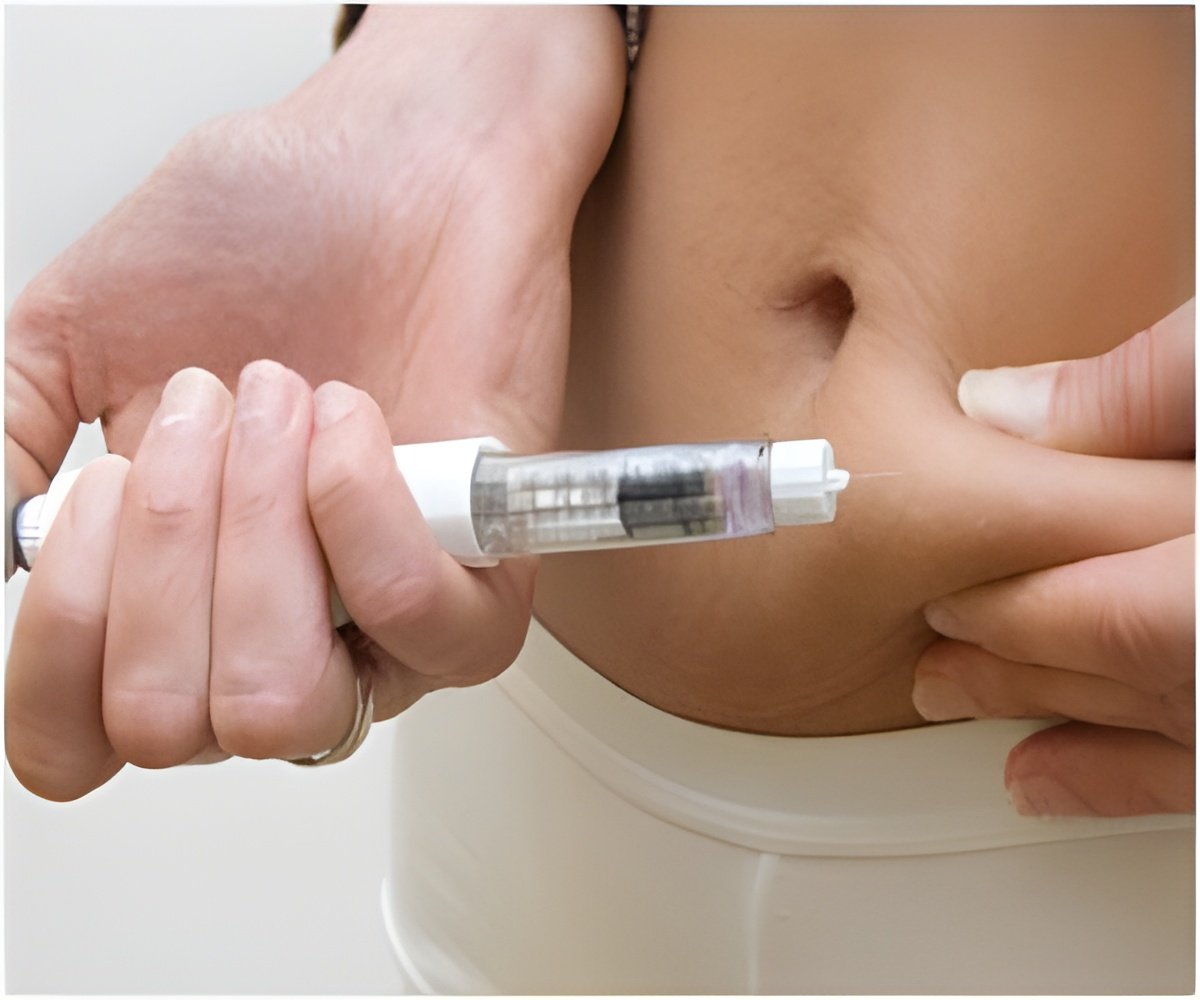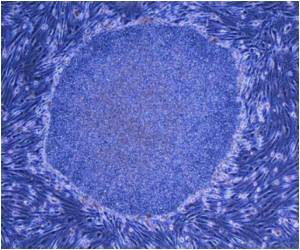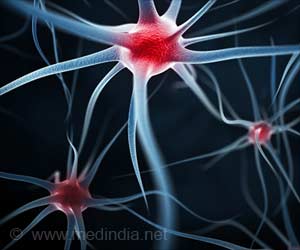Scientists at the Massachusetts General Hospital (MGH) have developed a novel system for delivery of growth factors to chronic wounds such as pressure sores and diabetic foot ulcers.

The authors describe developing the fusion protein from recombinant KGF and elastin-like-peptides, which are major constituents of skin and other connective tissues.
Laboratory experiments showed that the fusion protein retained the wound-healing properties of both elastin and KGF and that it rapidly and efficiently self-assembled into nanoparticles in response to a simple increase in temperature.
When applied to deep skin wounds in genetically diabetic mice, the nanoparticles accelerated healing by stimulating the formation of both surface epithelial tissue and thick fibrous connective tissue.
"It is quite amazing how just one dose of the fusion protein was enough to induce significant tissue regeneration in two weeks" says the paper's lead author Piyush Koria.
The study has been published in the Jan. 18 Proceedings of the National Academy of Sciences.
Advertisement









